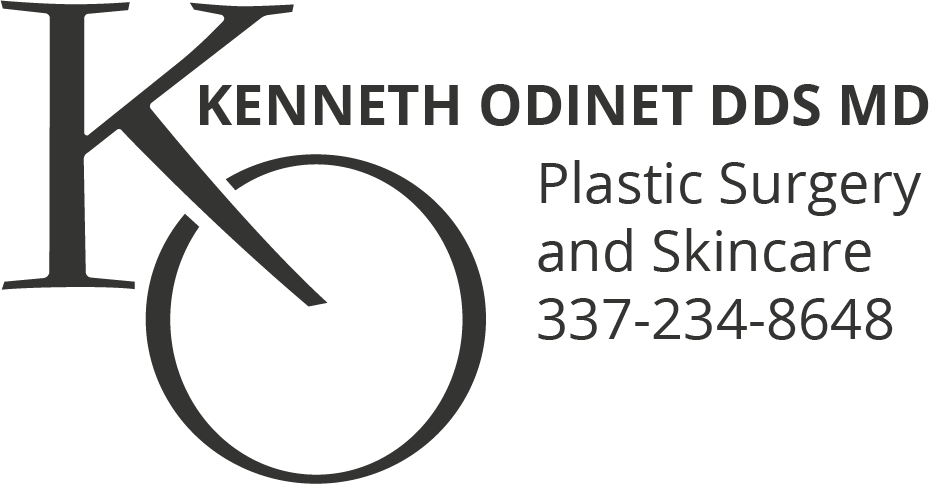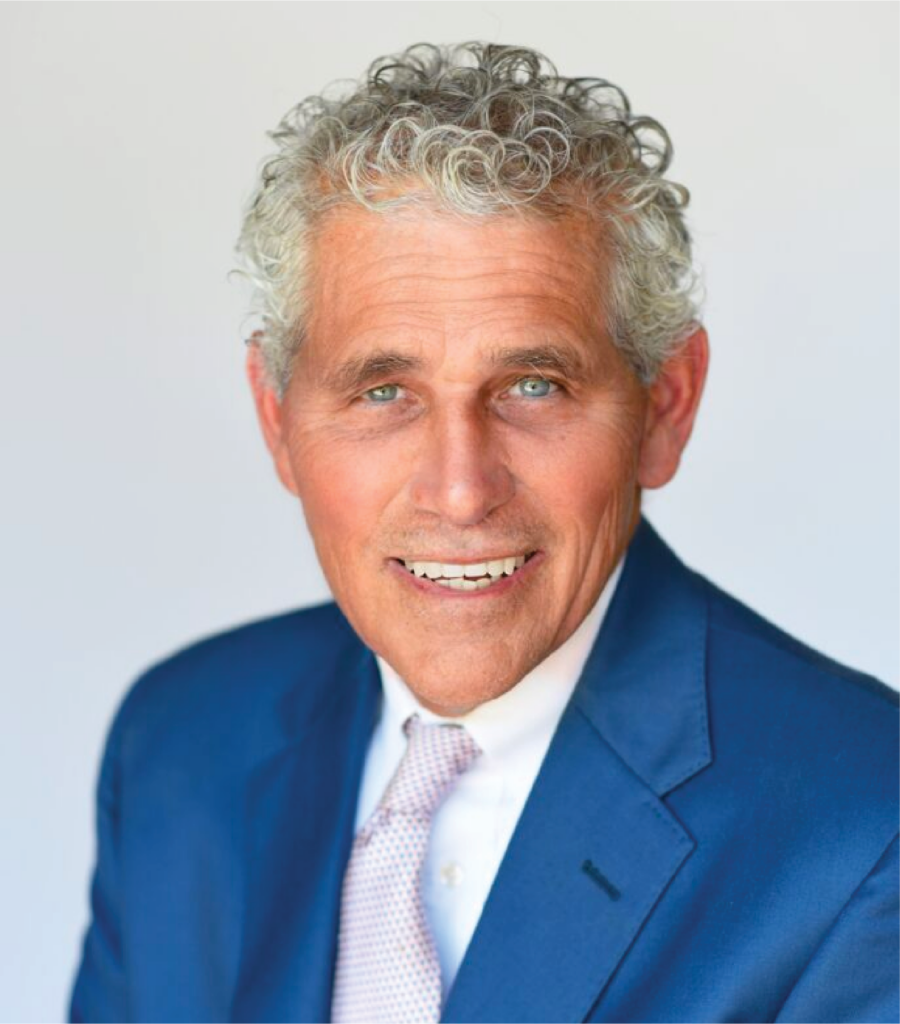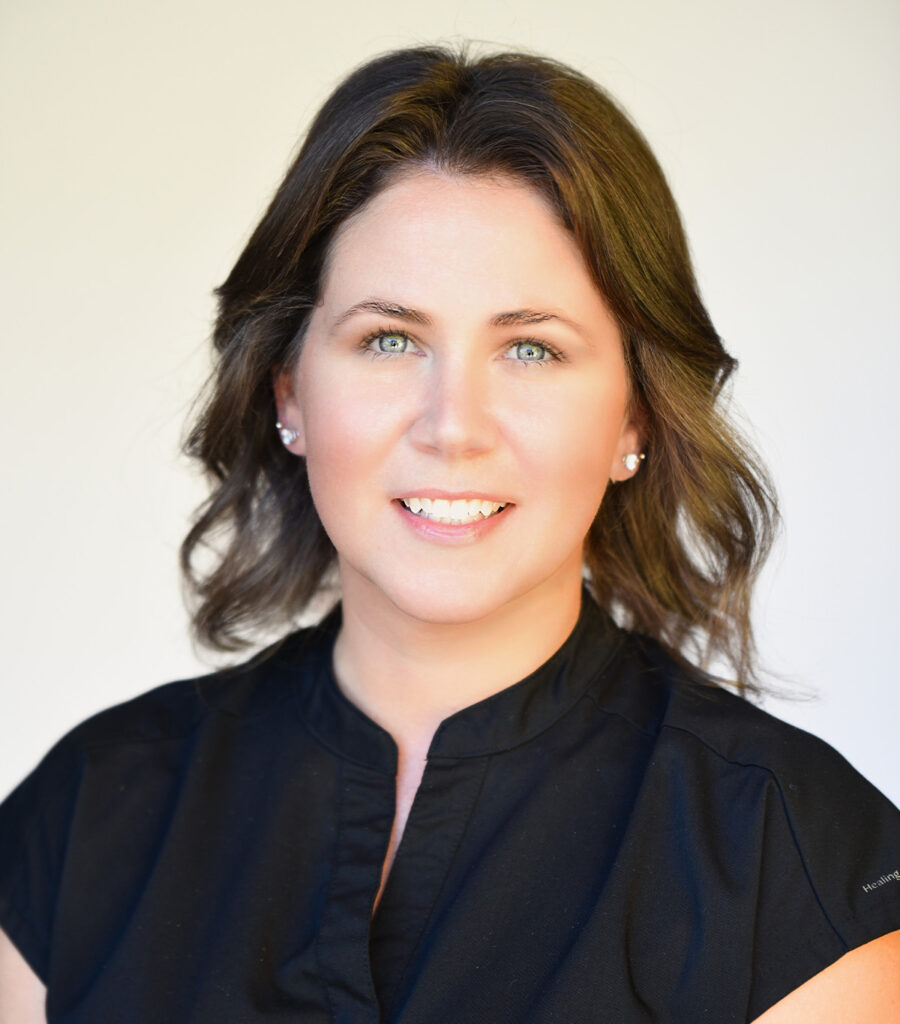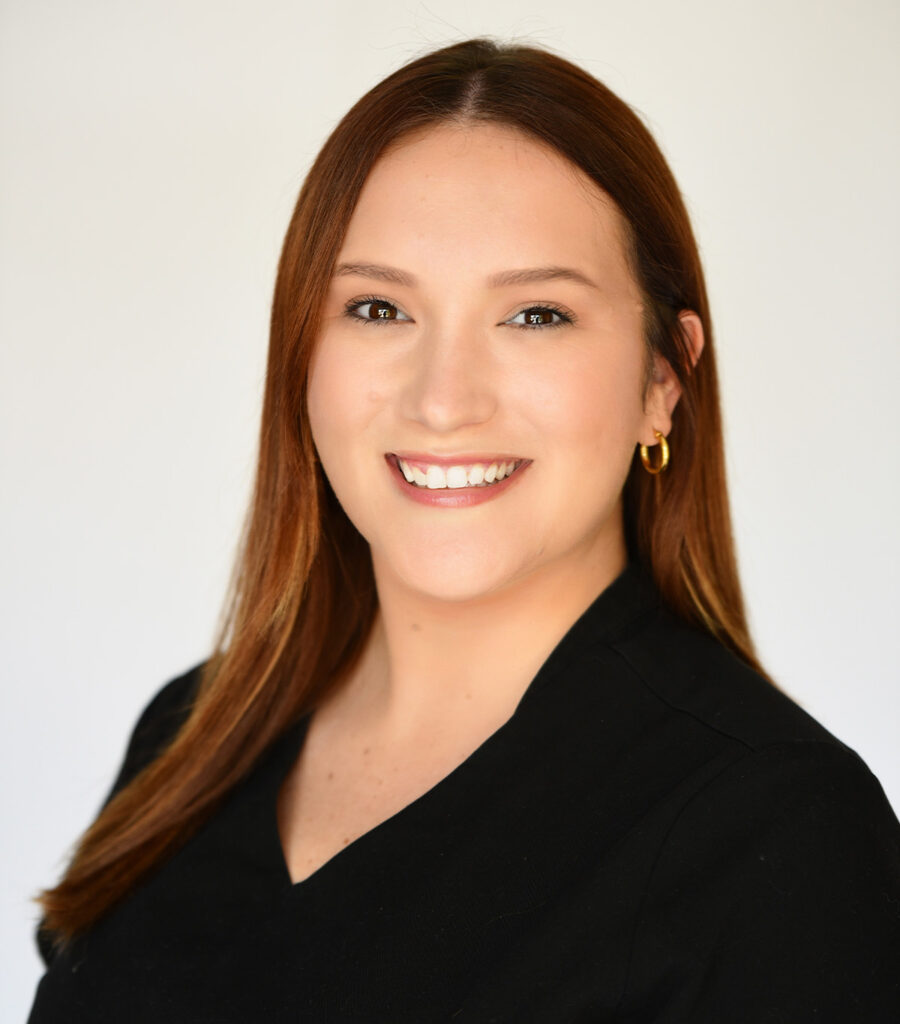
When it comes to surgical procedures that affect your appearance, knowing the difference between a cosmetic surgeon and a plastic surgeon is more than just semantics — it can significantly impact your safety, your results, and your long-term satisfaction.
Despite how interchangeable the terms might seem in advertisements or social media, the truth is: not all surgeons are trained equally.
Legally, Anyone with a Medical Degree Can Perform Surgery
One of the most surprising — and concerning — facts about medicine in the United States is that any physician with a medical degree can legally perform surgery, even without formal surgical training. That means a pediatrician, pathologist, or anesthesiologist who has never completed a surgical residency can, by law, open a cosmetic practice and offer procedures like liposuction, facelifts, or breast augmentation.
Some may attend a weekend course, observe a handful of procedures, or train under another doctor — but none of this equates to the rigorous, multi-year training required of board-certified plastic surgeons.
What Makes a Plastic Surgeon Different?
After medical school, plastic surgeons must complete years of formal residency training specifically focused on surgery — including reconstructive techniques, aesthetics, anatomy, and patient safety. For example, my own training pathway included:
-
One year of general surgery
-
Five years of otolaryngology (head and neck surgery)
-
Two years of specialized plastic surgery fellowship
That’s a total of seven years of hands-on surgical education, followed by a comprehensive board certification process through the American Board of Plastic Surgery (ABPS).
To become board certified, I had to:
-
Pass a rigorous written examination that tests deep cognitive knowledge
-
Submit a full year’s worth of surgical cases for peer review
-
Undergo an oral examination to evaluate my reasoning, judgment, and decision-making in real-world clinical scenarios
This process ensures that certified plastic surgeons not only have the knowledge, but also the experience and skill to handle a wide range of cosmetic and reconstructive procedures safely and effectively.
What About a “Cosmetic Surgeon”?
Here’s the important distinction: cosmetic surgery is not a board-certified medical specialty. Physicians from any background — gynecology, dermatology, internal medicine — can call themselves “cosmetic surgeons” and perform procedures with little to no formal surgical training.
While some may have good intentions, the lack of accredited residency training and board certification in plastic surgery can lead to inconsistent results and, in some cases, serious complications.
Why This Matters for You
Choosing the right surgeon is not just about aesthetics — it’s about safety, trust, and lasting results. When you see the title “board-certified plastic surgeon,” it means your provider has completed verified, extensive training and has met the highest national standards for education, ethics, and patient care.
Before undergoing any surgical or cosmetic procedure, always ask:
-
Are you board certified by the American Board of Plastic Surgery?
-
Where did you complete your surgical training?
-
How many of these procedures have you performed?
-
Do you operate in an accredited facility?
Your appearance and health are too important to leave in the hands of someone whose credentials don’t match the complexity of the procedure.
While both plastic surgeons and cosmetic surgeons may advertise similar procedures, the training, experience, and qualifications behind those titles are not the same. Always look beyond the marketing and make sure your surgeon is board certified in plastic surgery — your safety and satisfaction depend on it.





